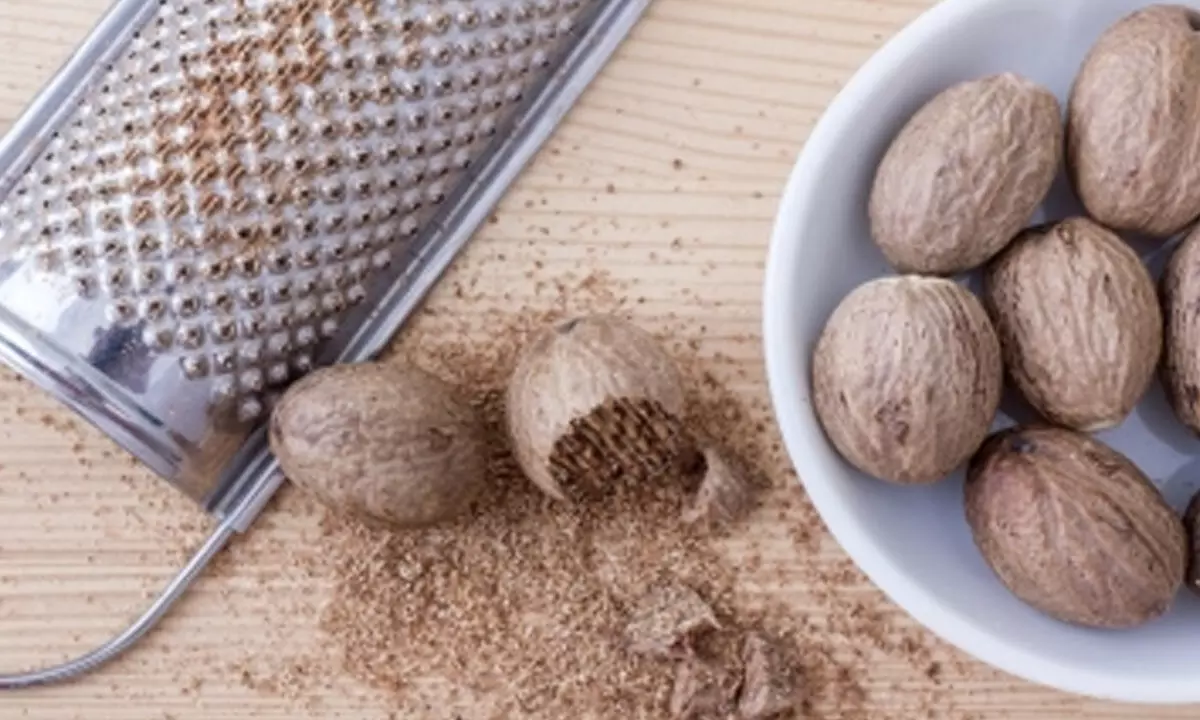Spices in the kitchen, indoor plants can be toxic: Experts
Share :

Spices like nutmeg (jaiphal), myrobalan (harad) and poppy seeds (posta) that add taste to dishes and are commonly found in the kitchen, can be toxic for health if consumed in excess, said experts at ‘Discover Tox’, an event organised by the forensic medicine and toxicology department of King George Medical University (KGMU) on Thursday, to spread awareness about toxic effects of the common household products.
Lucknow: Spices like nutmeg (jaiphal), myrobalan (harad) and poppy seeds (posta) that add taste to dishes and are commonly found in the kitchen, can be toxic for health if consumed in excess, said experts at ‘Discover Tox’, an event organised by the forensic medicine and toxicology department of King George Medical University (KGMU) on Thursday, to spread awareness about toxic effects of the common household products.
“The safe limit of jaiphal consumption is up to 5gm daily. Overdose can cause vomiting, hallucination and increased heartbeat,” saidAsh utosh Kumar.
Similarly, he said, commonly used household spice, which is used in ayurvedic medicines, small and big ‘harad’ can cause hypoglycaemia and skin bruising.
“The most common spice that is used in food and dishes is poppy seeds (khaskhas or posta). Over consumption of this spice can cause bradycardia (low heart rate), pinpoint pupil and skin related problems.
"Even papaya and jatropha seeds, if consumed in large quantities, can cause dysentery and nausea. Papaya seeds are used to adulterate black pepper,” he added.
Meanwhile, Fatima Harsha said that people should also be careful with some indoor and outdoor ornamental plants like sago palm plant.
It contains cytosine toxin which if consumed can cause gastric distress and liver failure.
“Other plants such as philodendron, dieffenbachia, arrow head, monstera, pothos (money plant), jade, ZZ plant, peace lily and anthurium contain a toxic substance called calcium oxalate which can cause skin irritation, eye irritation, swelling of lips, tongue and mouth, oral paraesthesia and gastric symptoms like nausea, vomiting and diarrhoea. It can also result in hypoglycaemia and renal damages. Similarly, the snake plant contains saponin chemicals that can cause swelling of mouth and lips and gastric distress,” she said.













